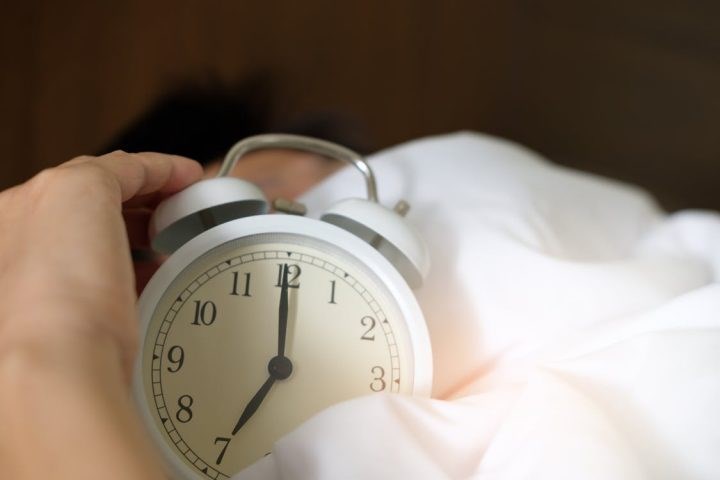As the clocks went back an hour this past weekend, some people may have used that hour to get some extra sleep, but others may be struggling with the adjustment to their internal clocks more than anything else.
“When we change the time twice a year, it does have some negative impacts, but they’re different,” said Dr. Joseph De Koninck, a psychologist with the University of Ottawa and researcher with Canadian Institutes of Health Research (CIHR).
“The time change that is producing more problems is the spring one.”
De Koninck and his colleagues at the CIHR have been studying the health impacts of Daylight Saving Time and he says with the time change in spring, more accidents occur on the road and in the work place. An increase in heart-related problems also tends to occur, he said.
Harley Myhovich is a morning radio host in Lethbridge. He says Daylight Saving always throws him for a loop.
“Honestly, the day after a change time, no matter how much sleep I get, it’s always an off day.
“I don’t really know how to fix it other than patience, wait a day, and just catch up on it later, because this day’s kind of a write-off.”
Myhovich says he’s also noticed that the time change in spring is more problematic for him as he loses an hour of sleep.
De Koninck notes with the fall time change, gaining an hour of sleep and an earlier sunrise are helpful, especially for people who commute to work in the morning, but less sunlight in the evening can have a negative impact on people’s mental health.
The sun setting at an earlier time coupled with the COVID-19 pandemic may result in people feeling the impact of this time change more than in years past.
“Indeed, people are more depressed, they’re anxious and it’s very understandable because now we are back into confinement or semi-confinement with all of the issues,” De Koninck explained.
“And, of course, one of the issues is that we can’t go out as much.”
He says prioritizing sleep and exercise while managing stress can help combat the internal shift.
De Koninck also says people can head to sleeponitCanada.ca for tips on how to get more sleep.
“Make sure you don’t try to solve your problems in the evening,” he stated.
People may often tend to think about their problems right before bed, as they replay the day’s events in their head before dozing off, and according to De Koninck, that can be a harmful practice.
“When you go to bed, it’s time to sleep, it’s time to relax,” he added.
“Do not expose yourself to bright lights at night; expose yourself [to lights] in the morning.”
He goes on to say research shows sticking to year-round Standard Time may be the best option for people’s overall health.
Albertans seem to agree, with more than 90 per cent of respondents to a government survey late last year saying they want Daylight Saving to end.
– With files from Global News’ Caley Ramsay



